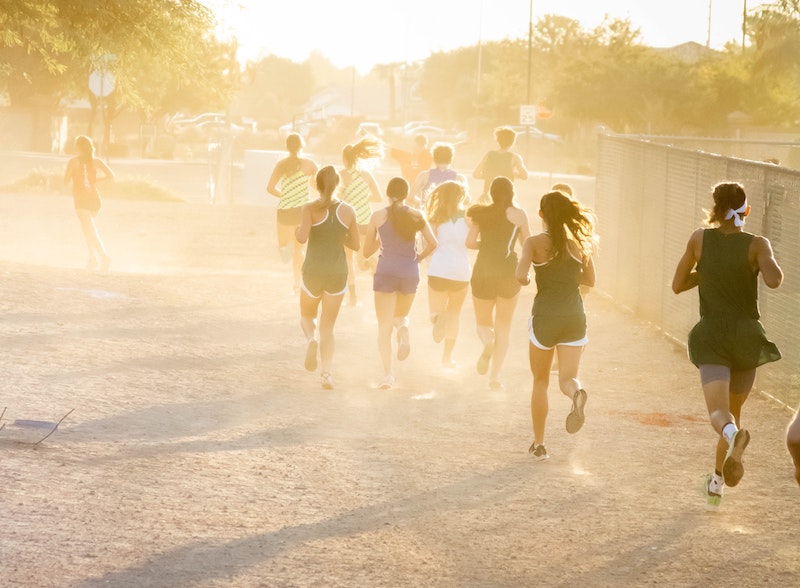
IOC & WHO team up to Build Healthy & Active Communities
November 18, 2022
A recent World Health Organization (WHO) report shows that 81% of adolescents and 27.5% of adults are not undertaking sufficient physical activity. In response, the International Olympic Committee (IOC) and WHO have partnered on a joint program to strengthen the role of sport in contributing to the global target of a 15% reduction in physical inactivity by 2030.
According to WHO, actions to efficiently reduce physical inactivity are slow and unequal, with the COVID-19 pandemic having set things back further. The organization recently published its first-ever Global status report on physical activity, which showed that between 2020 and 2030 the cost of preventable non-communicable disease (NCD) attributed to physical inactivity will be 300 billion USD.
In direct response, this new initiative will tackle physical inactivity from all sides of the sports and health industry. The three-year program will promote the value and benefits of sports participation for people of all ages and abilities. “Sports participation is an extremely low-cost but highly effective tool for health and promoting physical activity. It also has the power to foster healthier communities,” said IOC President Thomas Bach.

The program forms part of the IOC’s Olympism365 strategy, focused on strengthening the role of sport as an enabler for the United Nations Sustainable Development Goals (SDGs). It will be implemented with three objectives in mind:
- Improve access and retention in targeted community sports and physical activity programs, supporting more people, particularly women and girls and people from diverse backgrounds and abilities to be more active.
- Enhance knowledge, understanding of, and appreciation for, the multiple benefits of regular physical activity and sports participation including prevention of non-communicable diseases, improved mental health and well-being and social connections.
- Strengthen policy planning and investment in community sport and physical activity participation opportunities and infrastructure and the physical activity legacy of the Olympic Games and other global sport events.
The two entities will provide joint guidance, training and toolkits to both health and sports organizations. This is intended to assist with the design and implementation of programs aimed at helping more people to benefit from participating in community sport. They will also convene policymakers, practitioners and researchers from across health and sports sectors to share successes, learning and good practice. Simultaneously, the IOC will provide both financial and technical assistance to support community sports and physical activity programs co-delivered by health and sports organizations.
The IOC and WHO have partnered since 1984 leading to numerous joint initiatives to fight physical inactivity through sport. In May 2020, the two signed a new Cooperation Agreement, demonstrating their shared commitment to promoting healthy lifestyles, including physical activity, sport and active recreation as a tool to promote health across the globe.
NFL Foundation UK & Mayor of London partner with Beyond Sport to support young people through NFL Flag